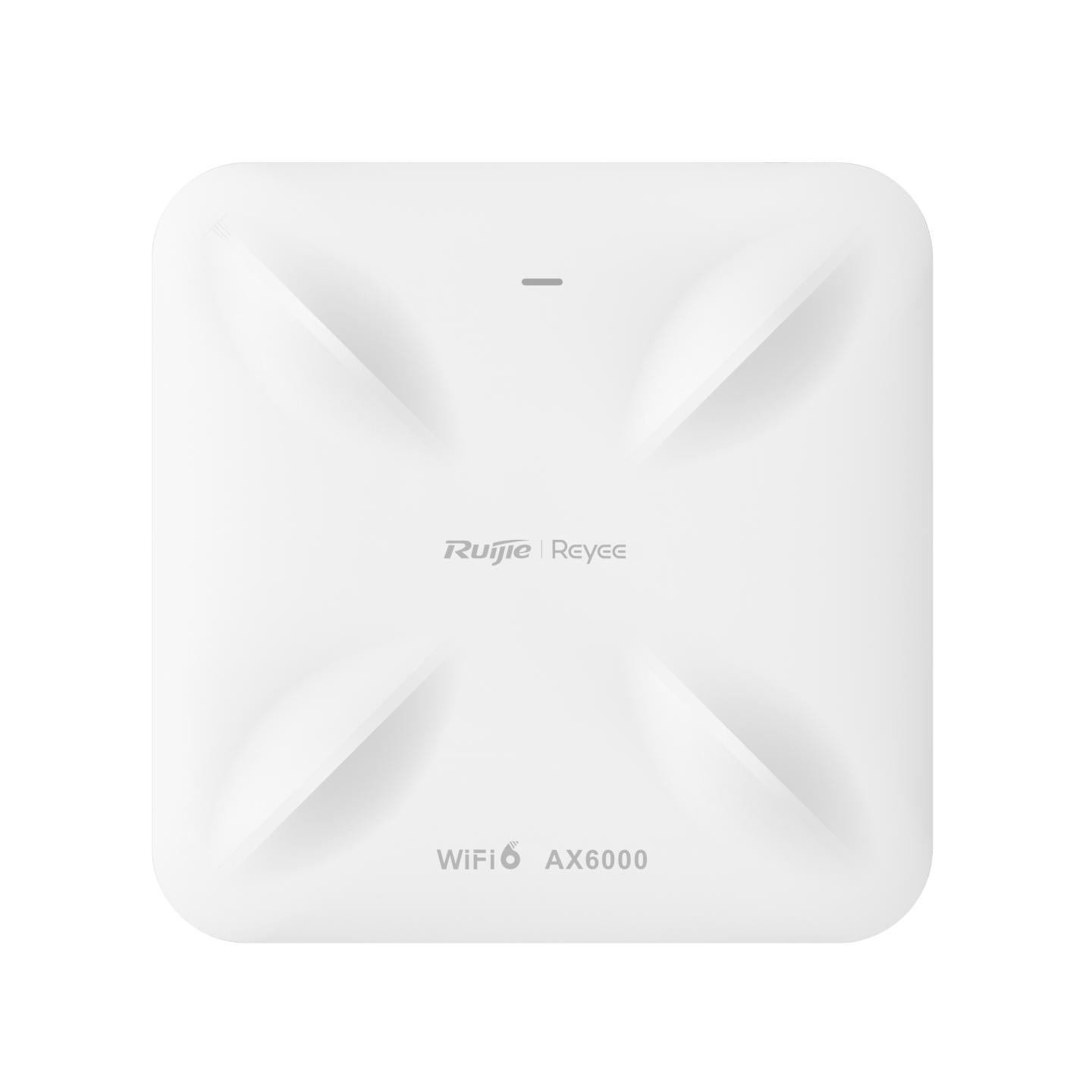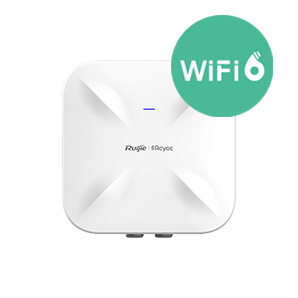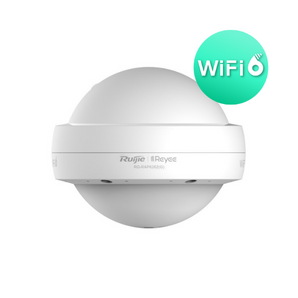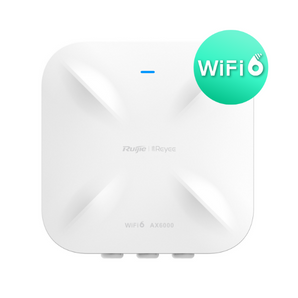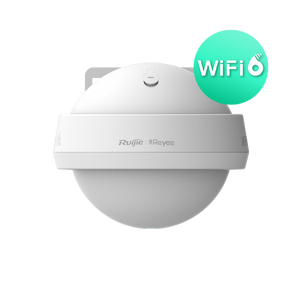How to receive Wi-Fi signal from long distance? With the increasing use of internet-connected devices, the need for a stable and strong Wi-Fi signal has become more important. In most homes and offices, Wi-Fi coverage can be limited, and there may be dead zones where you cannot receive a signal. This can be frustrating, especially if you want to use your device in an area far from the router. If you're looking for ways to receive a Wi-Fi signal from a long distance, this guide is for you.
Assess Your Current Wi-Fi Network
1. Before you start trying to improve your Wi-Fi signal, it's essential to understand your current network. There are several factors that can impact your Wi-Fi signal, including the type of router you have, the age of your router, and the number of devices connected to your network.
2. To assess your current network, start by performing a speed test. You can use a website such as Speedtest.net or download an app to your device to measure the speed of your connection. This will give you an idea of how well your Wi-Fi network is functioning.
3. Next, use a Wi-Fi analysis tool to identify any dead zones or areas with weak signals. Many Wi-Fi routers have built-in tools that allow you to see the strength of your Wi-Fi signal in different parts of your home.
Choose the Right Router
The first step to improving your Wi-Fi signal is to choose the right router. A router is a device that sends and receives data between your devices and the internet. A better router can help you improve the coverage and speed of your Wi-Fi network.
When choosing a router, consider the following factors:
1. Bandwidth: Routers can operate on either the 2.4GHz or 5GHz frequency. A 5GHz frequency provides faster speeds but has a shorter range. A 2.4GHz frequency has a longer range, but slower speeds.
2. Antennas: Some routers come with external antennas that can be adjusted to improve the signal. Look for a router with high-gain antennas for better coverage.
3. MIMO Technology: MIMO (multiple-input, multiple-output) technology allows a router to communicate with multiple devices at the same time. Routers with MIMO technology can handle more devices and provide better coverage.
4. Range: The range of a router refers to how far it can transmit a signal. If you need to cover a large area, look for a router with a high range.
Place Your Router in the Right Location
The location of your router can have a significant impact on the strength of your Wi-Fi signal. To get the best signal, place your router in a central location in your home or office. This will ensure that the signal can reach all areas of your space.
Additionally, avoid placing your router in the following locations:
1. Near large metal objects: Metal objects can interfere with the Wi-Fi signal, so avoid placing your router near metal objects such as refrigerators or file cabinets.
2. Near other electronic devices: Devices such as microwaves and cordless phones can interfere with your Wi-Fi signal, so keep your router away from these devices.
3. Behind walls: Walls can weaken the Wi-Fi signal, so avoid placing your router behind walls or in corners.
Upgrade Your Antenna
Another option to improve your Wi-Fi signal from a long distance is to upgrade your antenna. Many routers come with antennas that are not powerful enough to provide adequate coverage. By upgrading your antenna, you can increase the range and strength of your Wi-Fi signal.
There are several types of antennas to choose from, including directional antennas and omni-directional antennas. Directional antennas are designed to send a signal in a specific direction, making them ideal for long-range coverage. Omni-directional antennas, on the other hand, send a signal in all directions, making them suitable for wider coverage.
When upgrading your antenna, consider the following factors:
1. Frequency: Choose an antenna that is compatible with your router's frequency.
2. Gain: The gain of an antenna refers to how much power it can add to the signal. The higher the gain, the stronger the signal.
3. Connector: Make sure the connector on the antenna is compatible with the connector on your router.
Conclusion
Receiving a Wi-Fi signal from a long distance can be challenging, but with the right tools and techniques, it's possible to get the coverage you need. If you are struggling with receiving a Wi-Fi signal from a long distance, I highly recommend considering the RG-RAP6260(H)-D as a solution. This powerful network device is designed to provide stable and fast Wi-Fi coverage over a large area. With its high-speed data transmission and advanced security protection, the 8010R can help ensure that you can stay connected from anywhere in your office. Additionally, the product is designed for ease of use and maintenance, making it a convenient and cost-effective solution for anyone looking to improve their Wi-Fi coverage.
Featured blogs
- How to Reboot Switch and Reset It Manually?
- How to Connect Two Switches Together: A Comprehensive Guide
- 802.11 n vs 802.11 ac | Comparison of Upgrades and Functionalities
- Switch Access Setup Guide | General Practice and Common Mistakes
- How to Setup VLAN on Switch? | Definitions & Fundamental Differences
- How to Install Mesh Wi-Fi: Make Your Space No More Network Dead Spots
- Access Point vs Extender | Definitions & Fundamental Differences
- Multicast Address | Definitions, Pros/Cons, and its Working





